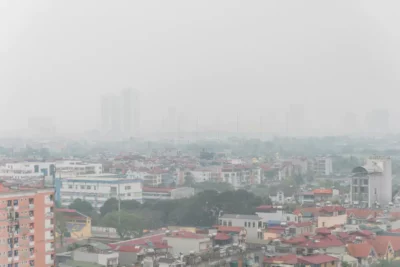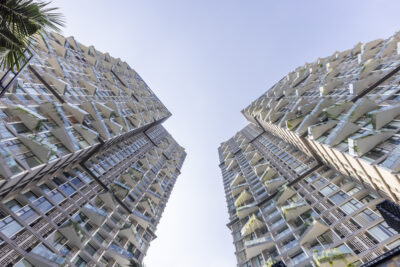Jakarta’s long-awaited MRT opening in March

Jakarta’s highly awaited Mass Rapid Transit (MRT) system is set to begin running in March, extending a palliative to the Indonesian capital’s remarkable traffic gridlocks and paving the way for more transit-oriented developments.
Fourteen Japanese-assembled trains will initially ply the 15.7-kilometre MRT network stretching between the Lebak Bulus residential area in South Jakarta and the Hotel Indonesia roundabout in the CBD.
The MRT will connect with the airport rail link and, eventually, the proposed Light Rail Transit (LRT) system.
“This is the moment to change Jakarta. This is the moment to make Jakarta better and free from traffic jams,” Jakarta MRT director William Sabandar told Channel NewsAsia.
The trains are expected to run at speeds of 80 to 100 kilometres an hour, cutting conventional travel times between the two points by an hour. Road travel along the route often take around 90 minutes.
Market observers have praised the upcoming completion of the project, widely expected to close the property price gap between various points of the metropolis. “The real estate sector, particularly those areas along the new MRT lines and in close proximity to stations, is also expected to be a major beneficiary, with land prices already having risen significantly since construction of the MRT line began,” CBRE stated in a report.
“We are cautiously optimistic on the year ahead and, on a personal note, I am very hopeful on the positive impact the MRT and LRT will have on Jakarta’s infamous traffic congestion,” said James Taylor, head of research for JLL Indonesia, in a press statement.
Recommended
Hanoi’s air pollution crisis: Balancing urban growth with environmental sustainability
Hanoi’s worsening annual toxic smog is highlighting the pressures of balancing sustainability with rapid economic growth
U.S. tariffs pose challenges to china’s housing market amid economic slowdown
Escalating US tariffs are expected to strain China’s slowing economic growth and dampen buyer confidence, creating trouble for the country’s housing market
Dewan Architects’ Mohammed Adib leads with human-centred design and technological innovation in the Middle East and beyond
Mohammed Adib channels his childhood curiosity and dislike for design uniformity into his work at Dewan Architects + Engineers
UAE real estate shifts focus to sustainability and quality, revitalising iconic projects
The UAE has risen from its challenges to emerge as a more sustainable, quality-focused destination






